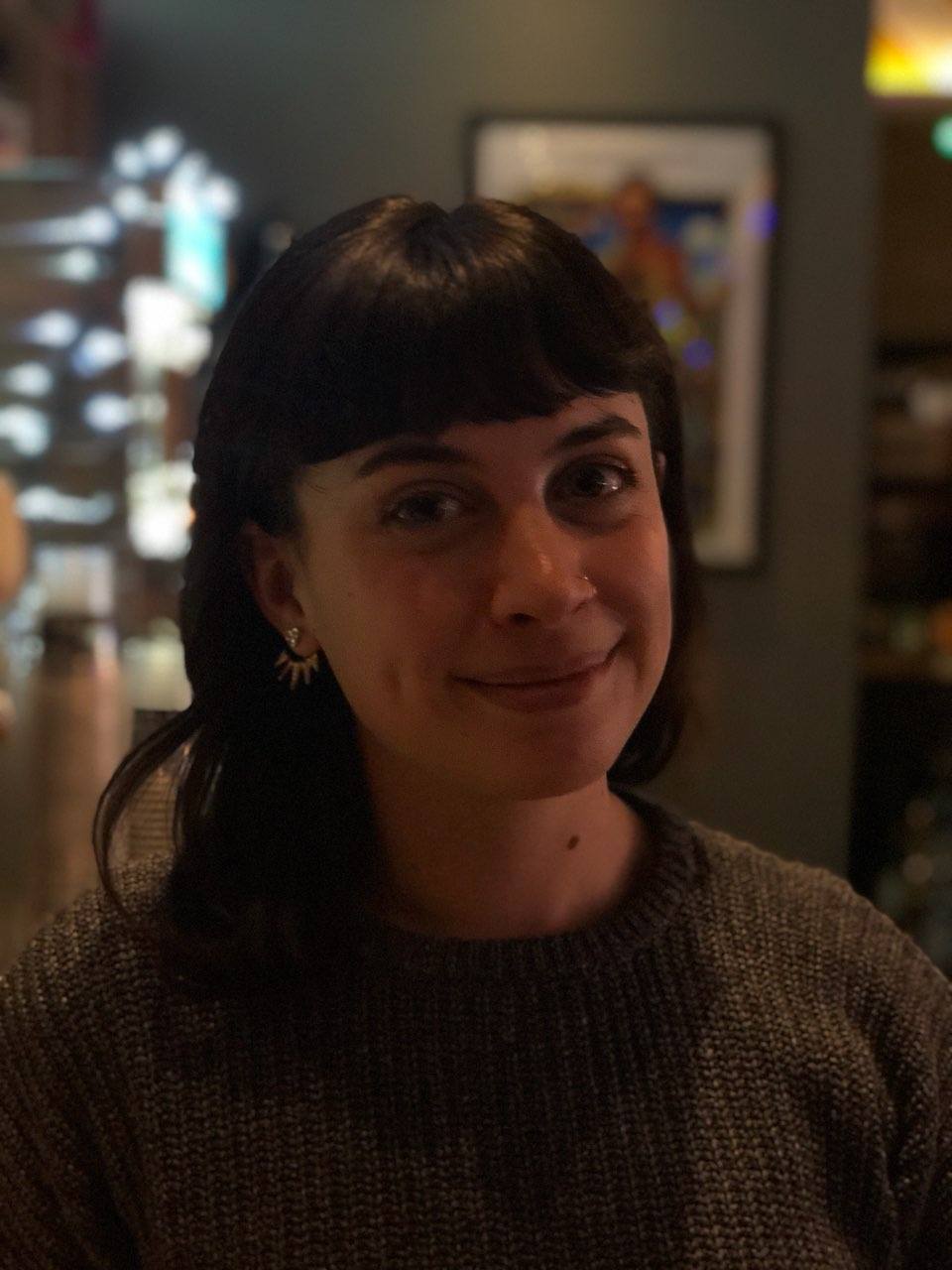Video Interview by Elizabeth McShane
Why a Math Professor Says "Poets Are More Bold"
Like this video? Be sure to like and follow Talking Writing on Vimeo.
Interviewer's Note: Poet JoAnne Growney has an unusual background. In her first career, she was a professor of mathematics at Bloomsburg University in Pennsylvania. For the past ten years, she's anthologized math poetry on her blog Intersections—Poetry with Mathematics, where words might mirror a Fibonacci sequence or humanize binary code. Her own poems integrate mathematics in many ways.
We met at Boston's Old South Church in late April to discuss how these seemingly disparate fields meet. I'm a writer who leans away from the hard sciences, so math has always felt closed to me. But in the poems Growney writes and collects on her blog, numbers are infused with feeling. As I delved deeper into math poetry, I realized that the whirring minds that connect intangible figures are performing the same creative function as poets threading together ideas.
Maybe math and poetry are actually a natural match. Growney and I talked for almost an hour, and the edited interview here covers just a few of the topics: mathematics as a shared global language, the sexism "math girls" face, and poets as "prophets" who can speak out against injustice. In comparing them with mathematicians, she told me at one point, "Poets are more bold, probably."
I asked Growney to read the excerpt below from her 1995 poem “My Dance Is Mathematics,” which reckons with the way female mathematician Emmy Noether was snubbed by her peers. In a later email, Growney also had this to say:
When the New York Times failed to publish an obituary following the death of noted algebraist Amalie 'Emmy' Noether in April 1935, Albert Einstein corrected the omission with a letter to the editor published that May. In addition to his praise for one of the most accomplished mathematicians of all time, Einstein said, 'Pure mathematics is, in its way, the poetry of logical ideas.' In the 1960s, as I climbed into the male-dominated world of mathematics, Noether, who came to the US in 1933 after fleeing the Nazis, was one of my heroes. Many years later, I wrote this poem.
Excerpt from "My Dance Is Mathematics"
With laughter a tale is told from 1890,
when you were eight years old. At a birthday party,
you spoke up to solve a hard math puzzle.
That day you set yourself apart to be
someone that I would follow.
As I followed you, I saw you have to choose
between mathematics and other romance.
Though men could embrace both,
for you, the different standard.
I heard fathers say, dance with Emmy. Do it early
in the evening, and she won't expect you
to stay with her. Max is kind and a good friend,
and his daughter likes to dance.
If a woman's dance
is mathematics, must she dance alone?
Don't miss JoAnne Growney's poem "Taking the Heat" in this "Science and Society" issue. We've also launched TW's first "mini-mag" on Instagram, featuring Growney. The mini-mag, which combines poetry with photos from the day of her video interview, was created by Aisha Udochi. Happy swiping!
Publishing Information
- "My Dance Is Mathematics" by JoAnne Growney was first published in Mathematics Magazine, December 1995. The excerpt read in the video is a later version with some alterations from the original. You'll find the full text here.
- Albert Einstein on Noether: "Emmy Noether Google Doodle: Why Einstein Called Her a 'Creative Mathematical Genius'" by Michael Canva, Washington Post, March 23, 2015.
- Intersections—Poetry with Mathematics, JoAnne Growney's blog. You'll find information about the French poet Guillevic, whom she mentions in the video, in this 2010 post.
 Elizabeth McShane is an intern at Talking Writing and a former faculty aide through the Harvard University Extension School. She's learning how a literary magazine is run under the mentorship of Editor-in-Chief Martha Nichols. Liz's days are spent studying journalism and anthropology, and her nights are spent bartending in Cambridge, Massachusetts.
Elizabeth McShane is an intern at Talking Writing and a former faculty aide through the Harvard University Extension School. She's learning how a literary magazine is run under the mentorship of Editor-in-Chief Martha Nichols. Liz's days are spent studying journalism and anthropology, and her nights are spent bartending in Cambridge, Massachusetts.
